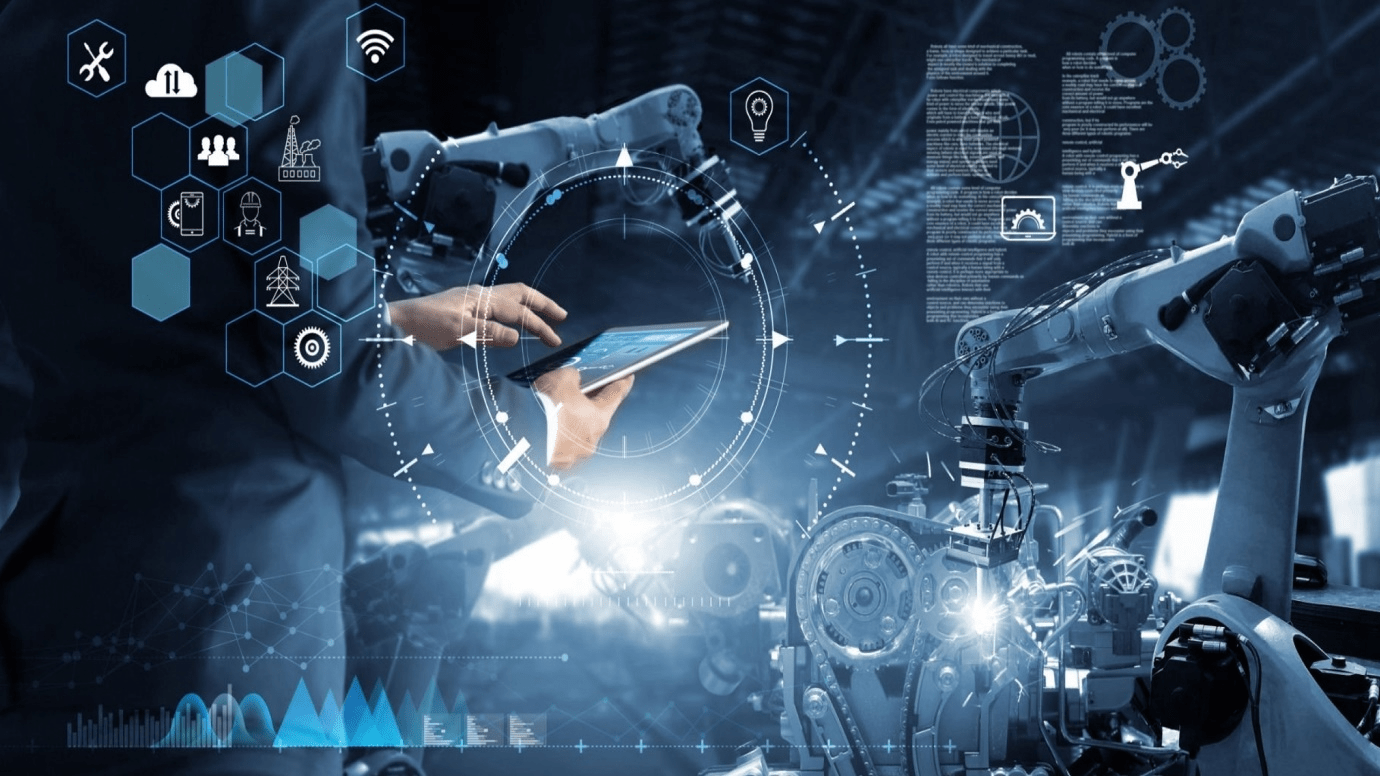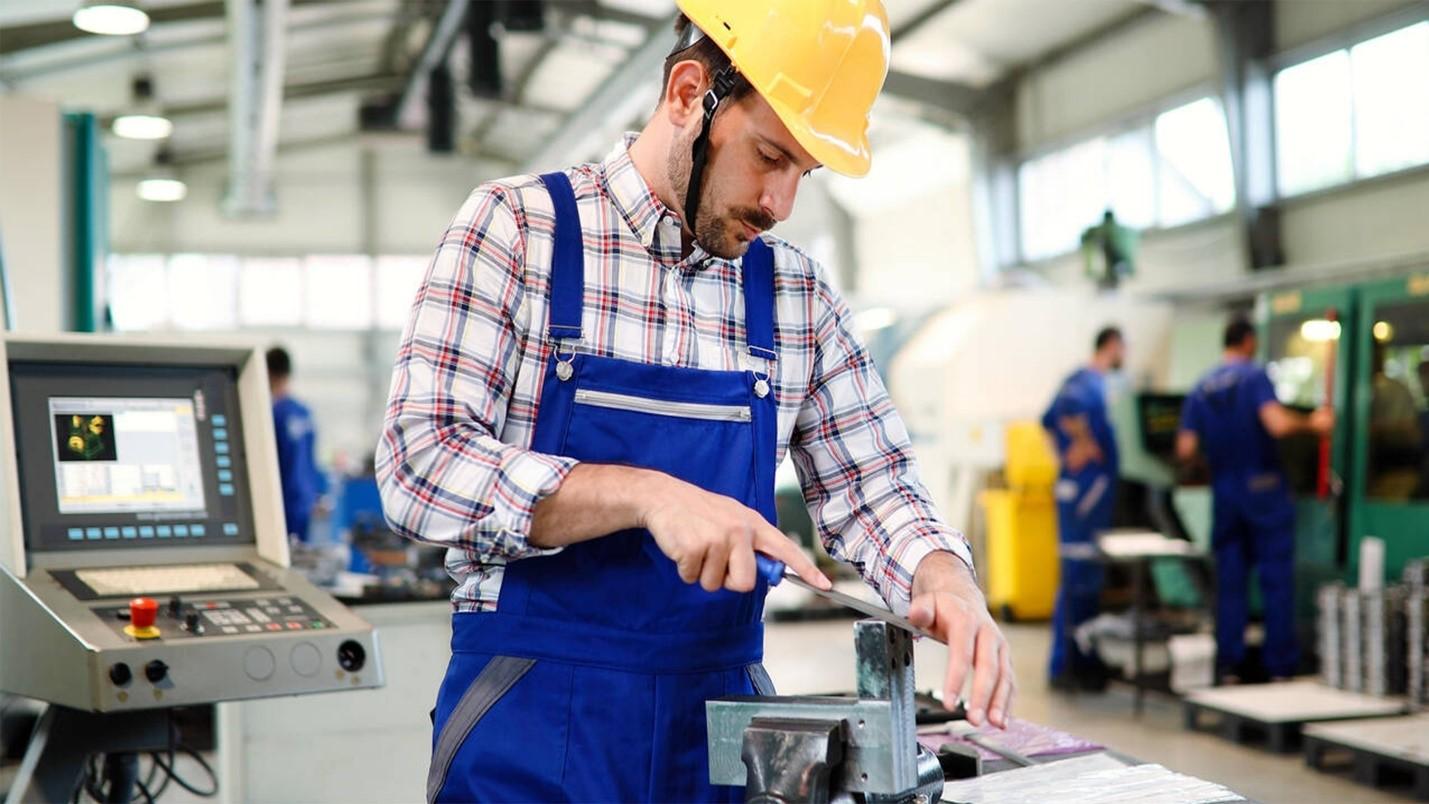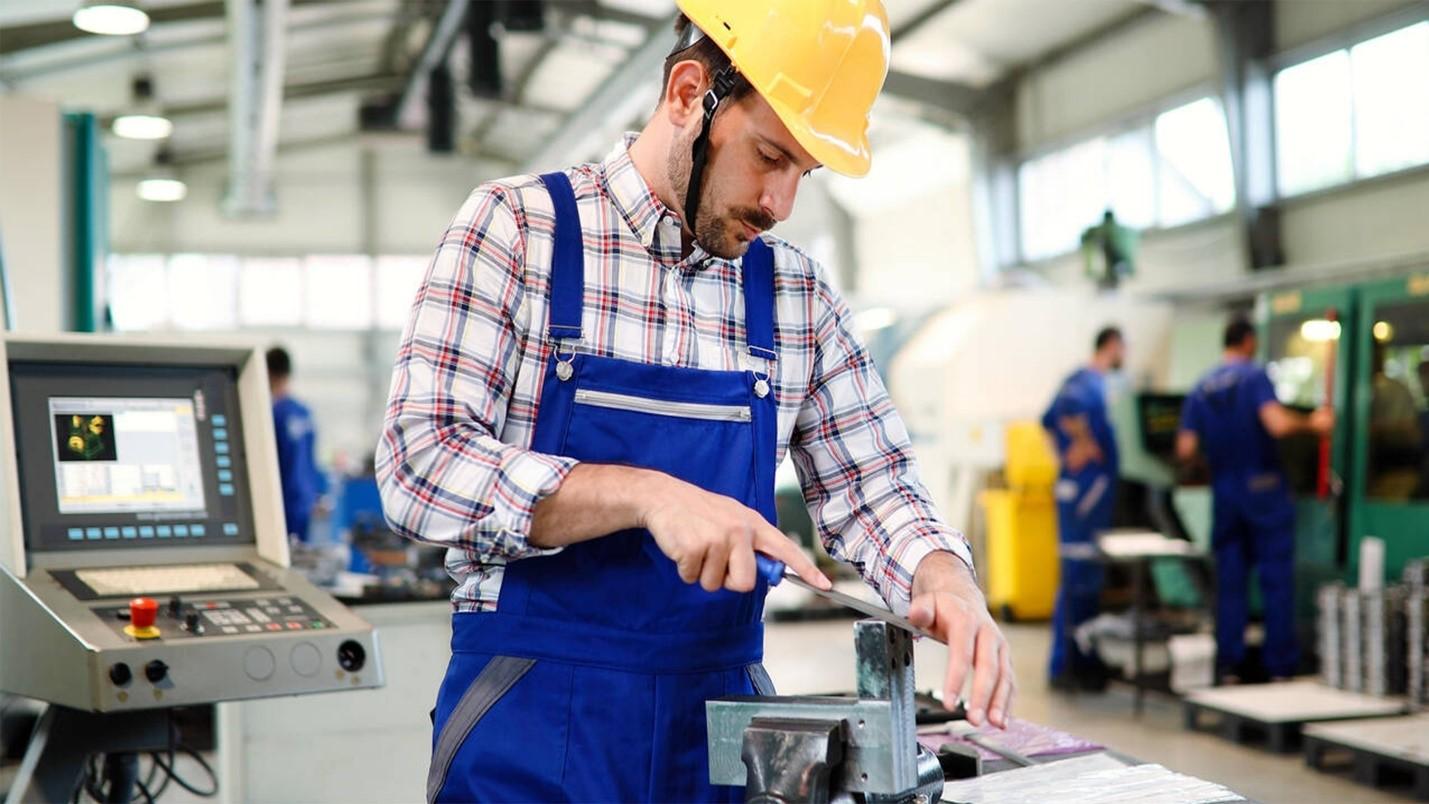
Impact of AI On Finance
The ability to manage one’s financial conditions is driving the adoption of AI in personal finance – consumers are starving for financial …

In recent years, Industry 4.0 has become a popular buzzword in the manufacturing industry, and for a good reason. The fourth industrial revolution represents a fundamental change in how we approach production, driven by the increasing use of automation, artificial intelligence, and the Internet of Things (IoT). The implications of these technological advances are vast, and they will profoundly impact the future of manufacturing.
Industry 4.0 is about more than just automation. It represents a shift in how we view the manufacturing process. In the past, manufacturing was primarily concerned with creating products as efficiently as possible. While efficiency is still critical, the focus has shifted to creating more customer value. Industry 4.0 allows us to create products tailored to individual customers’ specific needs rather than relying on mass production.
One of the key drivers of Industry 4.0 is the use of data. With the increasing prevalence of sensors and IoT devices, manufacturers now have access to vast amounts of data about their production processes. This data can identify inefficiencies, optimize production, and predict when equipment will likely fail, allowing for preventative maintenance. The use of data is also central to the digital twin concept, which involves creating a virtual replica of a physical product or process. By simulating a product’s or process’s behaviour in a virtual environment, manufacturers can identify potential problems and optimize performance before anything is physically built.
Another key component of Industry 4.0 is using artificial intelligence (AI). AI can be used to analyze the data generated by sensors and other devices, identifying patterns and making predictions that would be impossible for humans to detect. AI can also be used to create autonomous production systems that can adapt to changing conditions and optimize themselves in real time. This allows manufacturers to optimize production, minimize waste, and improve quality.
Perhaps the most visible aspect of Industry 4.0 is the increasing use of automation. Robotics and other automated systems are becoming more prevalent in manufacturing, taking over tasks that humans once performed. This allows for greater efficiency and consistency in production and freeing human workers to focus on more complex tasks that require creativity and problem-solving skills.
The implications of Industry 4.0 are far-reaching, and they will profoundly impact the future of manufacturing. In the short term, we can expect to see increased efficiency, greater customization, and improved quality in our products. In the long term, Industry 4.0 has the potential to transform the manufacturing industry in ways that we can only begin to imagine. By embracing these new technologies and approaches, manufacturers can stay ahead of the curve and create products that are better, faster, and more tailored to the needs of their customers.

The ability to manage one’s financial conditions is driving the adoption of AI in personal finance – consumers are starving for financial …

In today’s global economy, supply chains have become increasingly complex and interconnected, making them vulnerable to natural …

Manufacturing processes are now more adaptable, energy-efficient, and environmentally friendly thanks to the development of numerous …

In the not-so-distant past, science fiction writers envisioned a world where machines and technology played a prominent role in our daily lives. Little did …